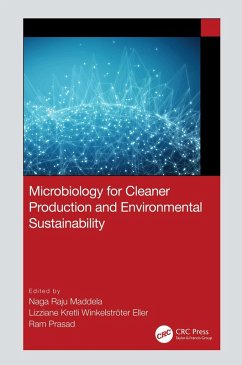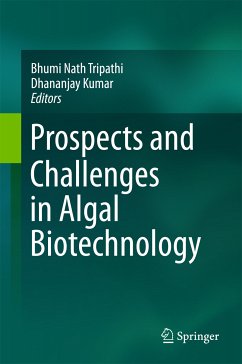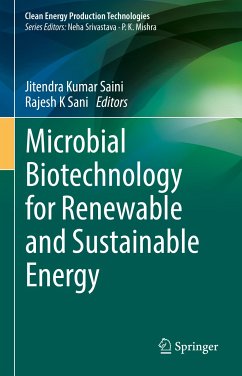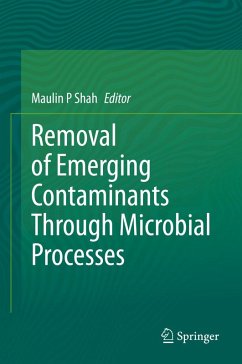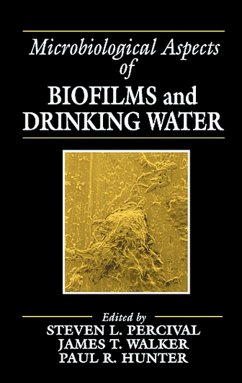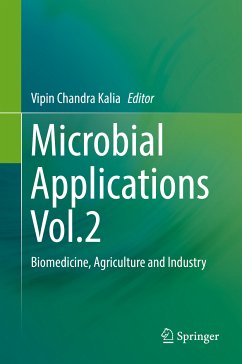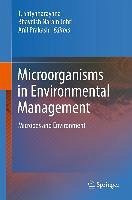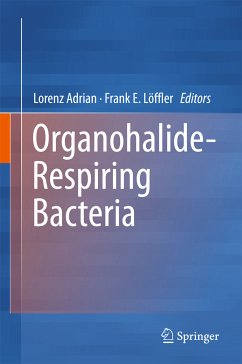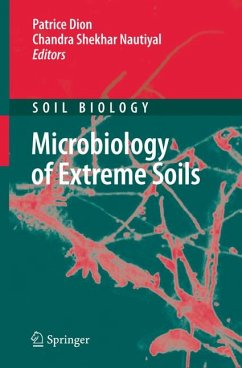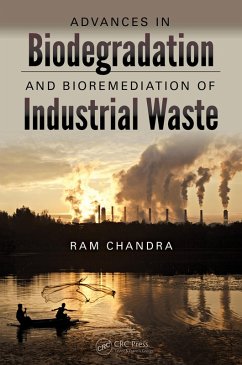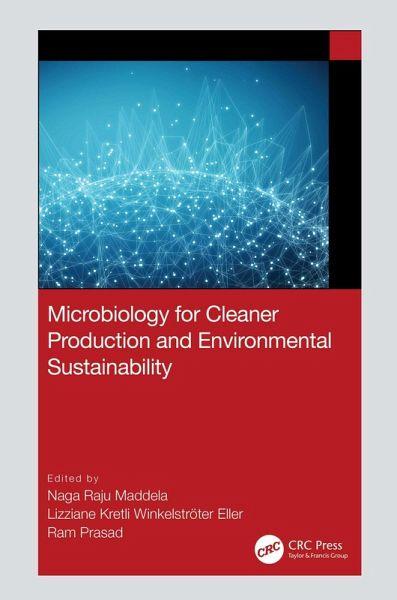
Microbiology for Cleaner Production and Environmental Sustainability (eBook, PDF)
Versandkostenfrei!
Sofort per Download lieferbar
84,95 €
inkl. MwSt.
Weitere Ausgaben:

PAYBACK Punkte
42 °P sammeln!
Growth of populations, increasing urbanization, and rising standards of living due to technological innovations demand not only the meticulous use of shrinking resources but also sustainable ways of producing materials for human welfare. Cleaner production involves preventive and protective initiatives which are intended to minimize waste and emissions and maximize product output. These novel microbiological techniques are a practical option for achieving environmental sustainability. Microbiology for Cleaner Production and Environmental Sustainability serves as a valuable source of informatio...
Growth of populations, increasing urbanization, and rising standards of living due to technological innovations demand not only the meticulous use of shrinking resources but also sustainable ways of producing materials for human welfare. Cleaner production involves preventive and protective initiatives which are intended to minimize waste and emissions and maximize product output. These novel microbiological techniques are a practical option for achieving environmental sustainability. Microbiology for Cleaner Production and Environmental Sustainability serves as a valuable source of information about microbiological advancements for a sustainability in diversified areas such as energy resources, food industries, agricultural production, and environmental remediation of pollution.
Features:
Features:
- Covers key issues on the role of microbiology in the low-cost production of bioenergy
- Provides comprehensive information on microorganisms for maximizing productivity in agriculture
- Examines green pharmaceutical production
- Provides the latest research on microbiological advancements in the restoration of contaminated sites
Dieser Download kann aus rechtlichen Gründen nur mit Rechnungsadresse in A, B, BG, CY, CZ, D, DK, EW, E, FIN, F, GR, HR, H, IRL, I, LT, L, LR, M, NL, PL, P, R, S, SLO, SK ausgeliefert werden.




